Search
Remove Ads
Advertisement
Summary 
Loading AI-generated summary based on World History Encyclopedia articles ...
Search Results

Definition
Roman Constitution
Roman constitution was an accumulation of laws, legal decisions, and ancient customs. While today 'constitution' usually refers to a single act of legislation, this was not the case in ancient Rome. Instead, Roman government relied on the...

Article
Letters & Post in the Ancient World
Letters and their delivery via a state communication system was a feature of many ancient cultures. The writing medium may have differed but the Mesopotamians, Egyptians, Greeks, Romans, and Incas all had the means to send messengers and...
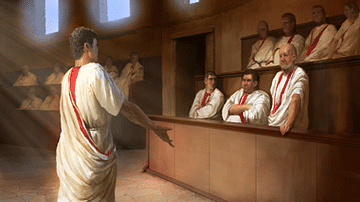
Definition
Praetor
A praetor was a senior magistrate in ancient Roman government, who was granted executive or imperium powers similar to that of the consuls. Although originally assigned legal authority over the courts, his executive powers allowed him to...
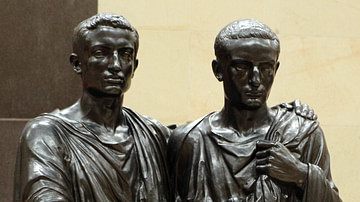
Definition
Gracchi Brothers
Tiberius Sempronius Gracchus (c. 163-133 BCE) and his younger brother Gaius (c. 154-121 BCE) were tribunes of the plebs in the Roman Republic. Serving in 133 BCE, Tiberius introduced a land reform but was beaten to death after his term. Eleven...
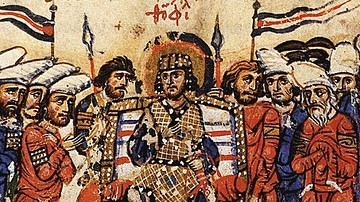
Definition
Byzantine Government
The government of the Byzantine Empire was headed and dominated by the emperor, but there were many other important officials who assisted in operating the finances, judiciary, military, and bureaucracy of a huge territory. Without elections...
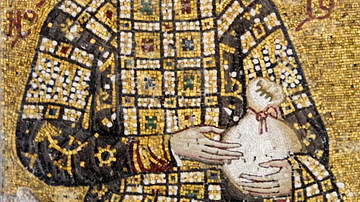
Definition
Byzantine Emperor
The Byzantine Emperor ruled as an absolute monarch in an institution which lasted from the 4th to 15th century CE. Aided by ministers, high-ranking nobility, and key church figures, the emperor (and sometimes empress) was commander-in-chief...
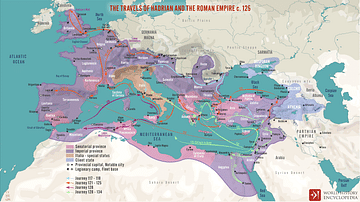
Article
Hadrian's Travels
No other Roman emperor travelled as much as Hadrian (r. 117-138 CE). The 'restless' emperor spent more time travelling than in Rome, devoting half of his 21-year reign to the inspection of the provinces. His travels provided him with the...
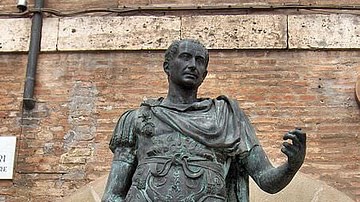
Definition
Aedile
The aedile was an official of the Roman Republic who maintained Roman roads, supervised the grain and water supply, and provided the city's citizens with games among other duties. Initially, they were plebeian and elected annually by the...
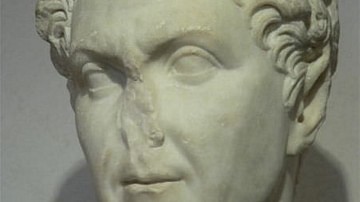
Article
Sulla's Reforms as Dictator
Lucius Cornelius Sulla (l. 138 - 78 BCE) enacted his constitutional reforms (81 BCE) as dictator to strengthen the Roman Senate's power. Sulla was born in a very turbulent era of Rome's history, which has often been described as the beginning...

Definition
Roman Invective
Roman invective (uituperatio lat.) was the rhetorical and literary genre that aimed at systematically and publicly blaming a political foe to set him aside from the whole community and turn the audience against him during judicial, forensic...